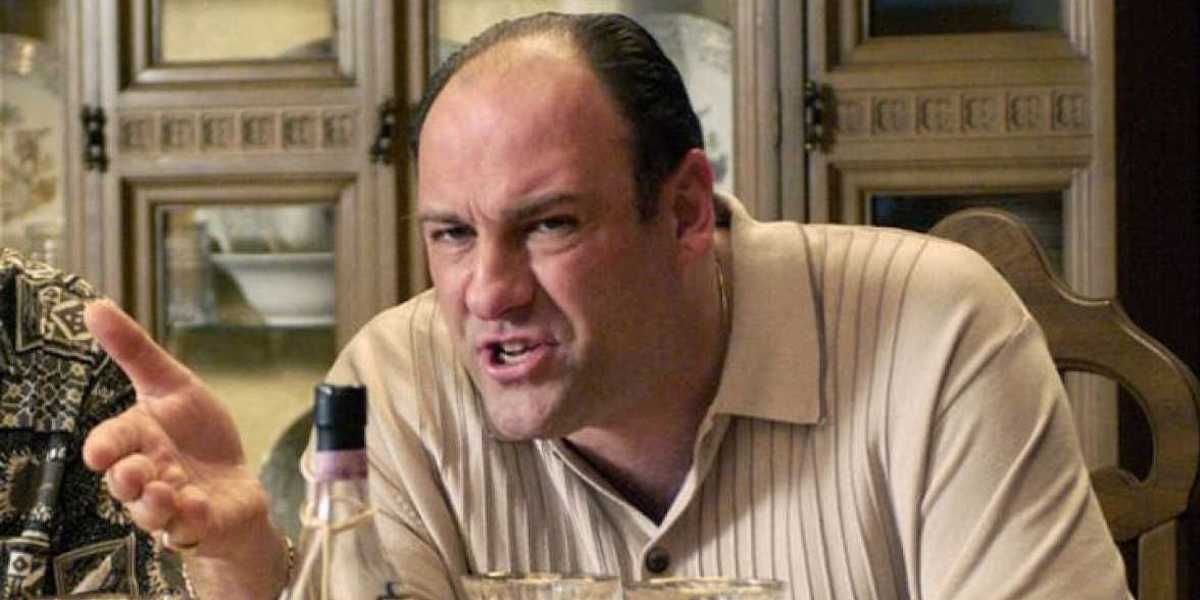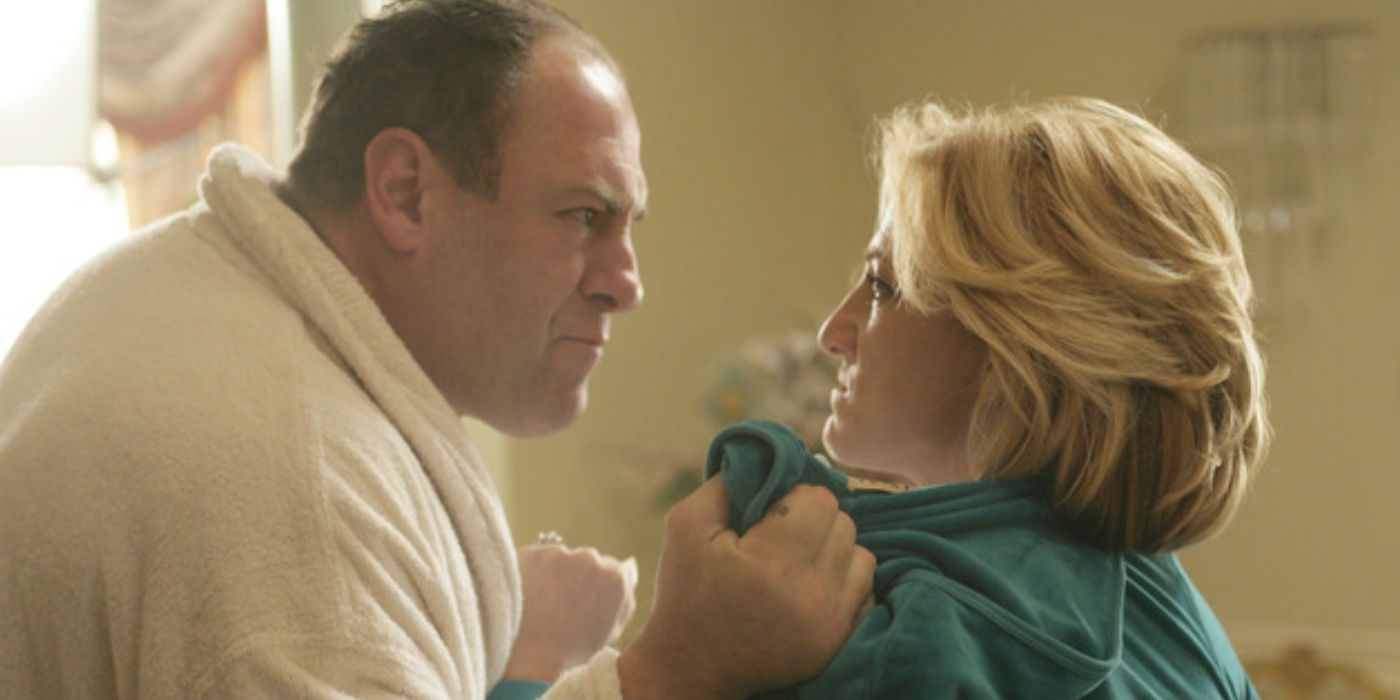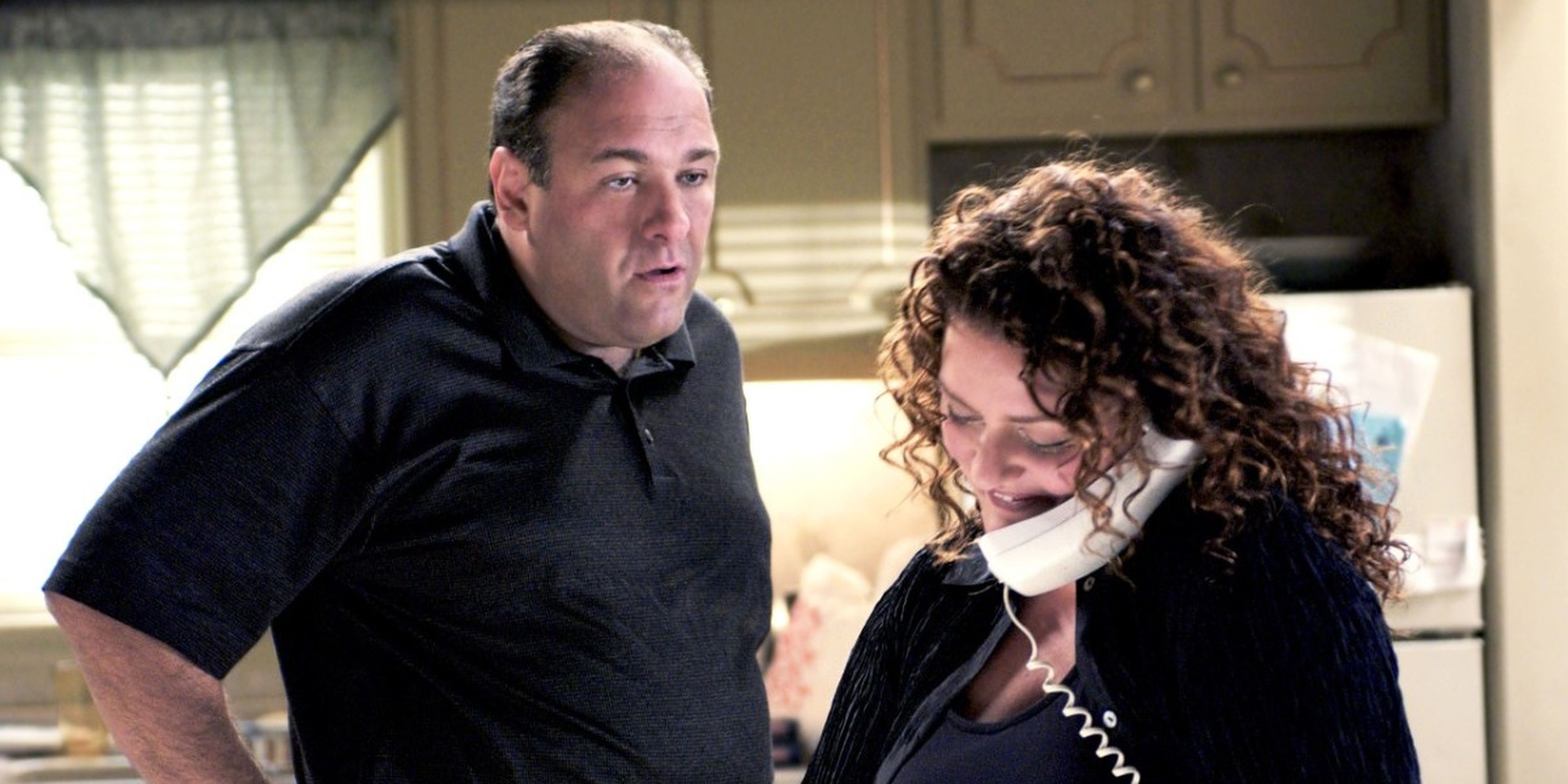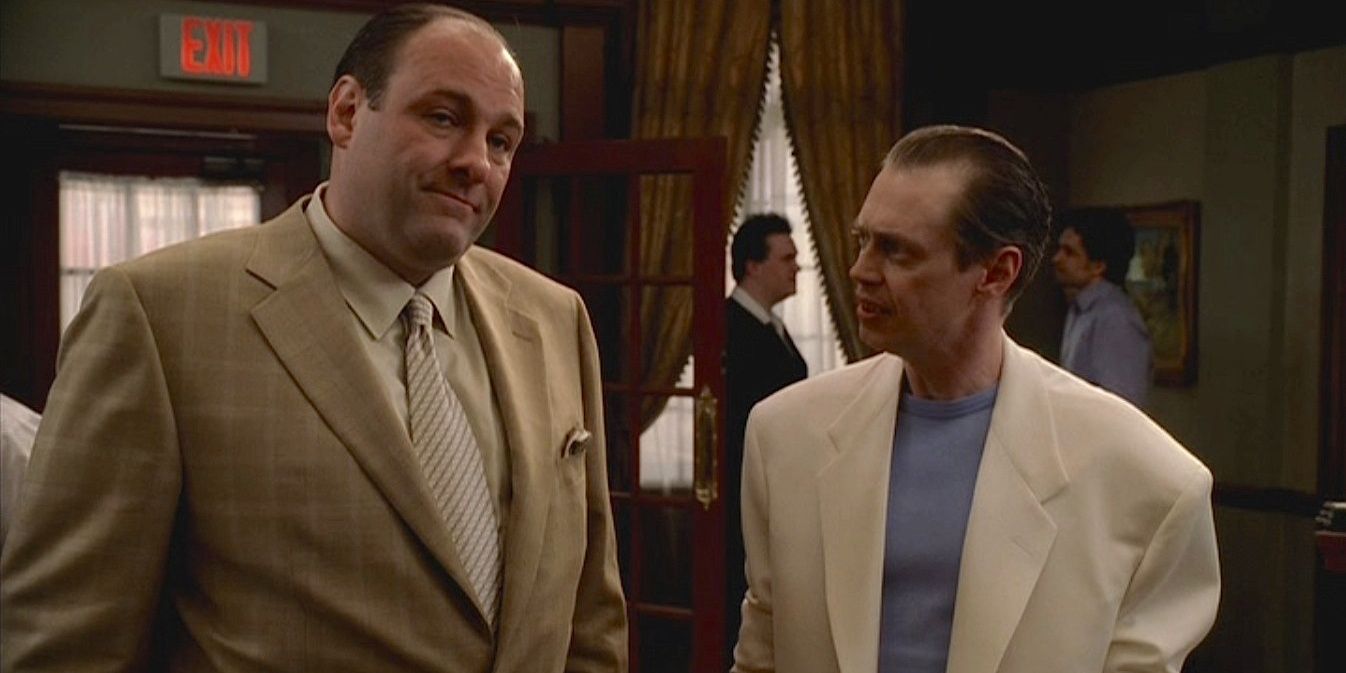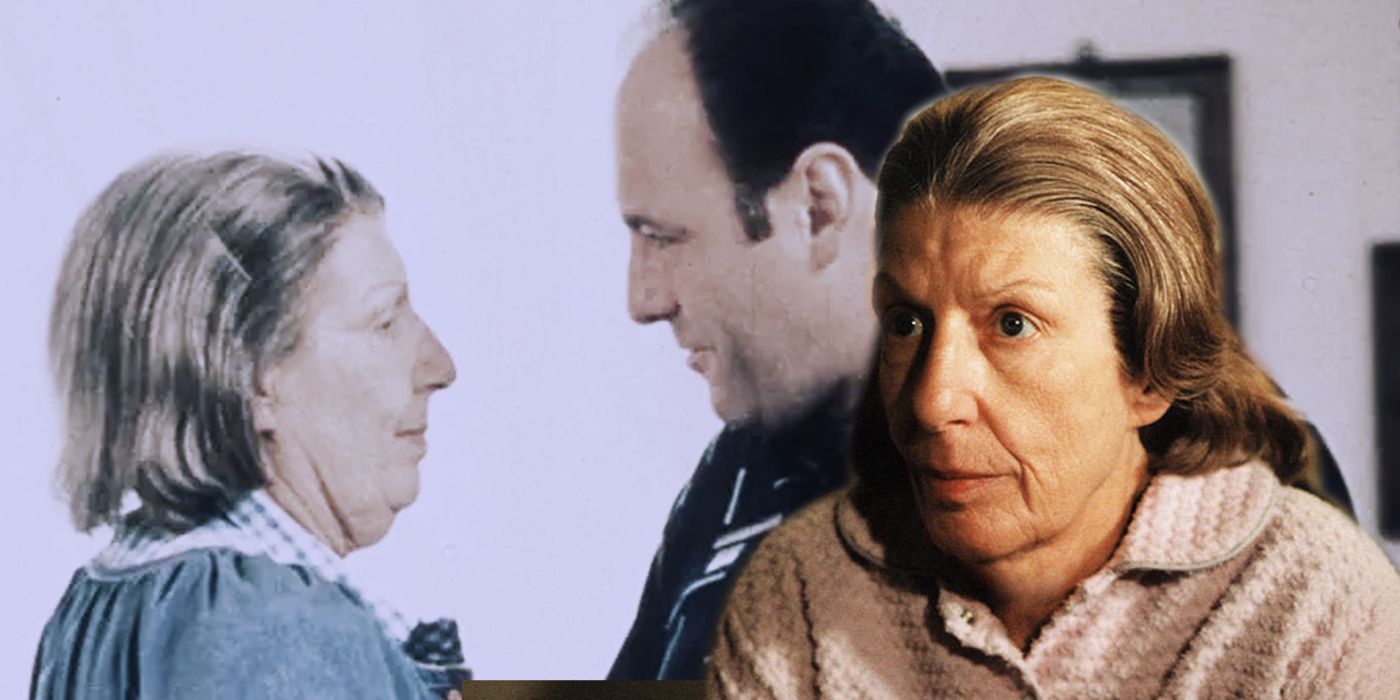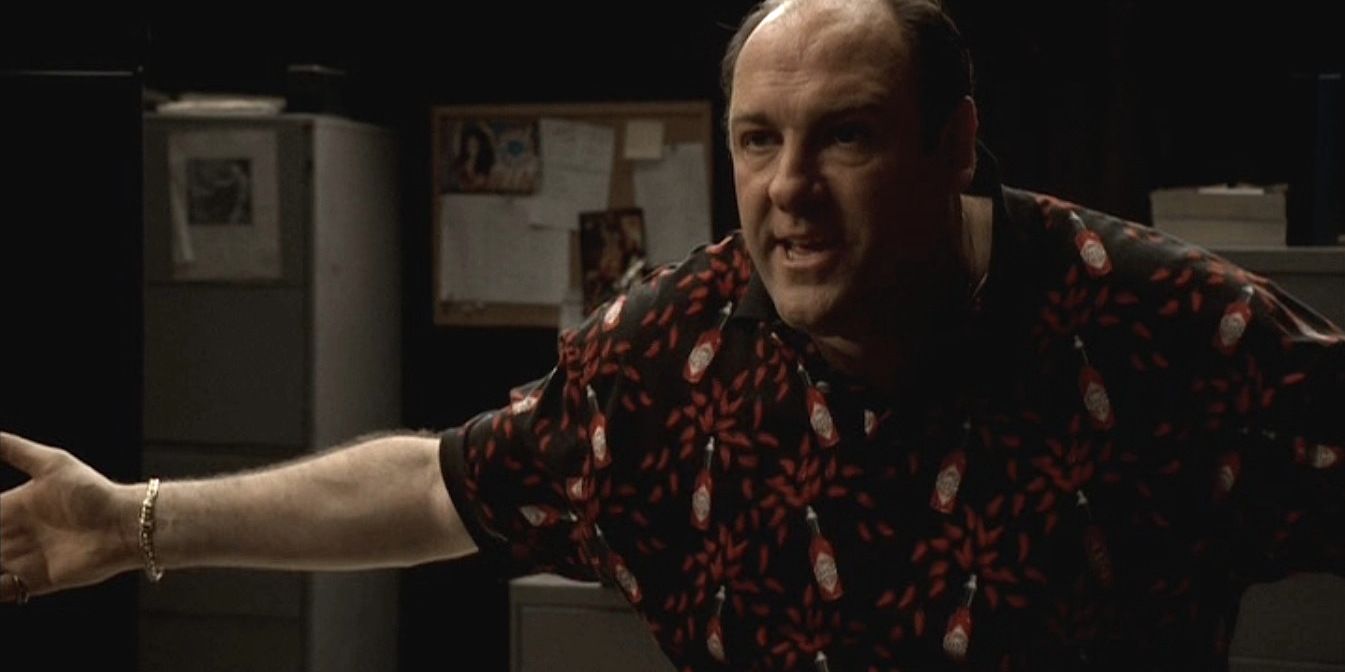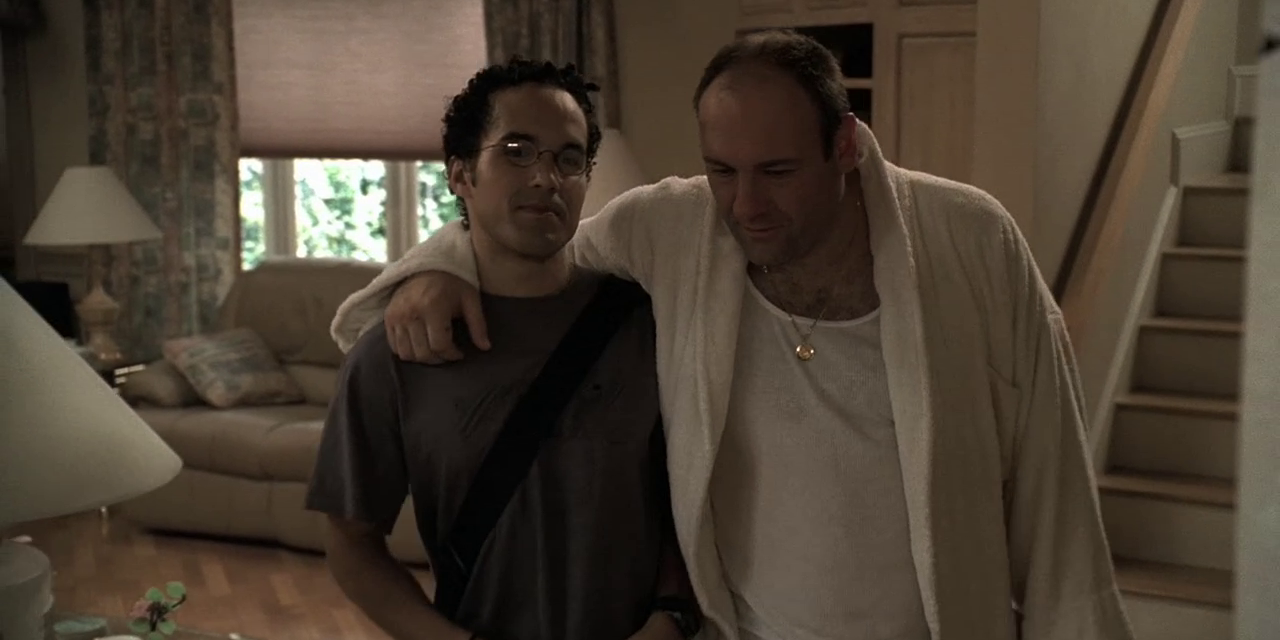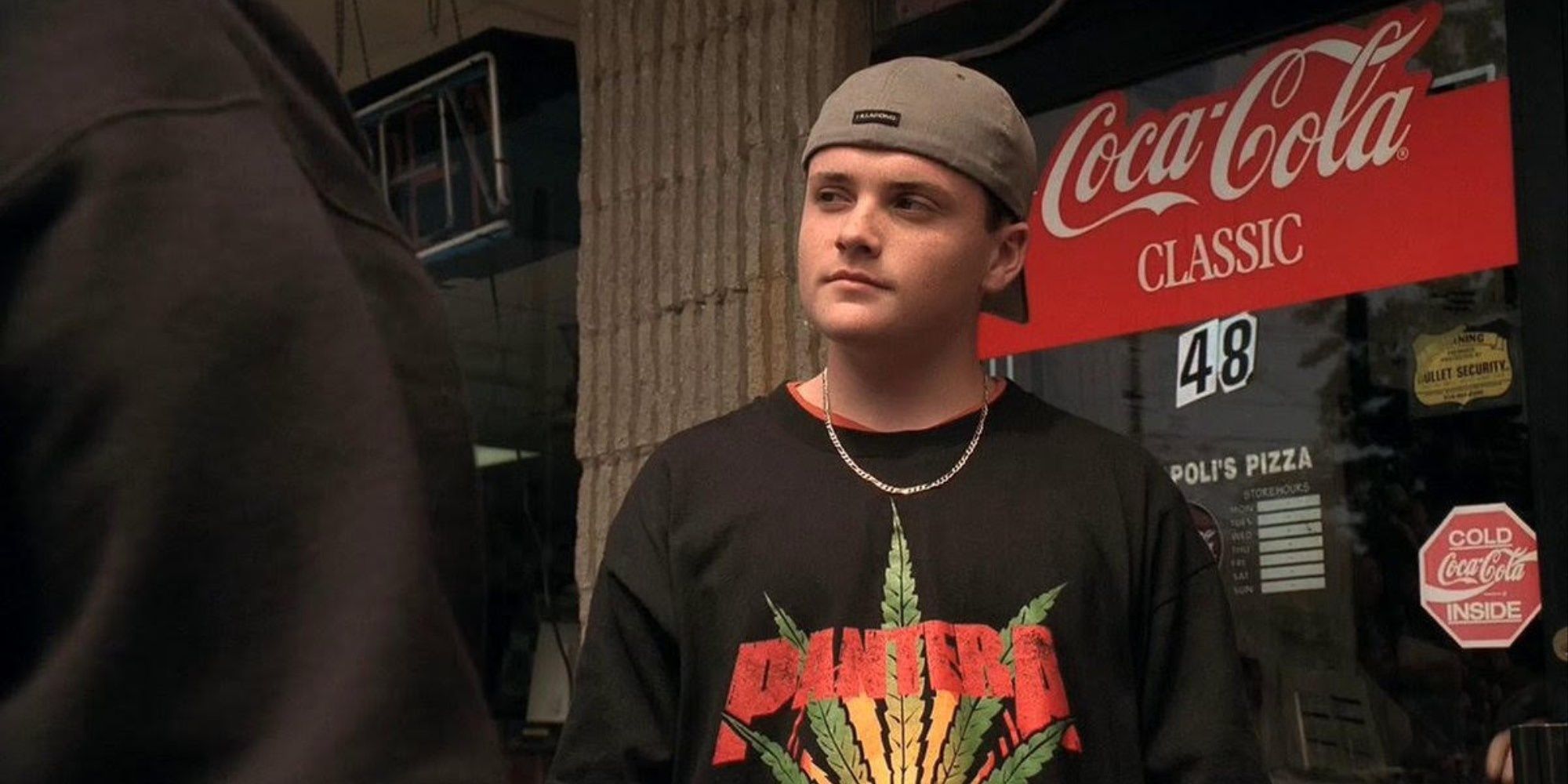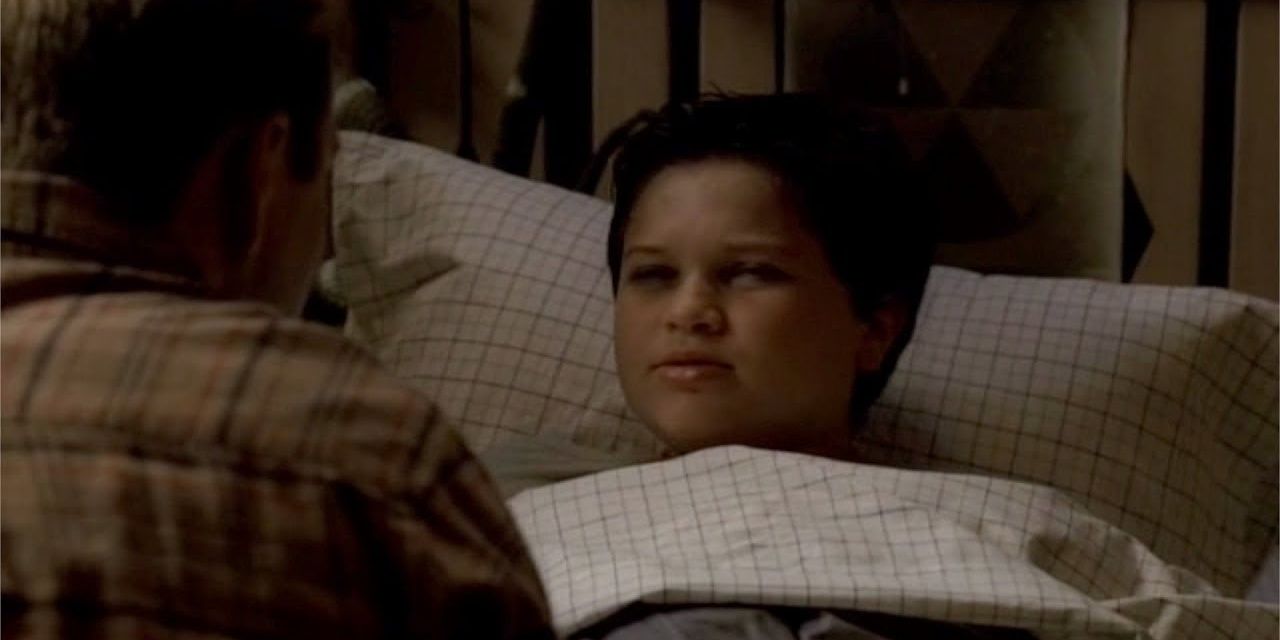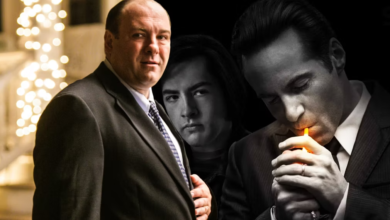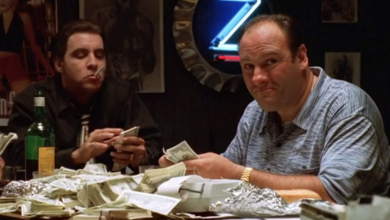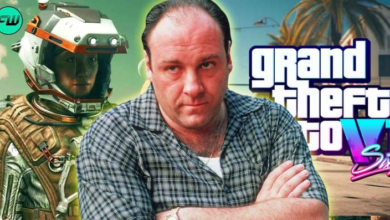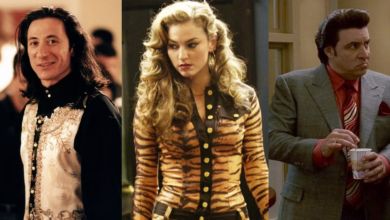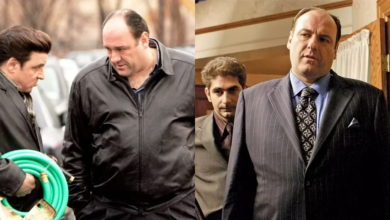10 Questionable Parenting Choices In The Sopranos
The conflict between professional and personal life shapes the way characters in The Sopranos raise their children - in an eyebrow-raising fashion.

Apart from delving into the internal politics of an organized crime operation, HBO’s cult drama series The Sopranos is also a ‘family show’ in the sense that it spends plenty of episodes highlighting the trials and tribulations of its titular family. Tony and Carmela Soprano both continuously try to resolve their troublesome marriage while trying to be good role models to their children.
Other gangster-parents in the show include Bobby, Vito, Johnny Sacks, and so on, who despite their life of violence and crime wish to provide a safer future for their children in their own ways. It’s this conflict between the professional and personal life that makes the parenting dynamics amusing, pointing major questions to the parenting styles of these characters.
Bad Language
The children in any family from The Sopranos seem to pick up profanities from a very young age. While even schools can introduce students to swear words from a young age, good parents at least try to cut down foul language at home. While Bobby Baccalieri might be an exception in this regard, Tony Soprano never keeps a check on himself and utters f-bombs at the drop of a hat, even in front of his kids.
Carmela Soprano tries her best to shield AJ (Anthony Soprano Jr) and Meadow from such words, but her efforts are to no avail. In the end, the entire family reaches a stage where they don’t think twice before being foul-mouthed.
Adultery And Ruined Marriages
Extramarital affairs can easily injure a marriage and the entire family along with it. Like many other men in his circle of friends, Tony Soprano likes keeping mistresses (or goomars as he calls them) on the side. His compulsive cheating definitely saddens Carmela and often drives her to anger, leading to intense verbal spats.
The arguments get so frequent eventually that it becomes a normalized everyday routine for AJ and Meadow. These habits are picked on by Tony’s peers as Christopher Moltisanti also starts having an affair right when his daughter is about to be born.
Anger Issues
‘Take it easy, eh’, Tony says this line while never ‘taking it easy’ himself. Tony, Uncle Junior, Janice Soprano, all seem to share not just a familial connection but also severe anger issues. The short-tempered siblings Tony and Janice can be ticked off by the slightest inconveniences and this manifests into actions of collateral damage.
Whenever they lose their temper, either a person gets injured or material objects are broken. Often, these actions of yelling or breaking happen in front of their respective children, making the parents cut a sorry figure later on.
Life Of Crime
Of course, leading a life of crime is a questionable parenting choice on its own that most of the characters in the show face. As the kids grow up, they easily figure out their father’s true nature of work and it goes on to affect their morals. For instance, Meadow is shown to be quite a humanitarian, helping out American immigrants through legal means. However, at the end of the day, she still has to face the truth that her father is a cold-blooded criminal.
Some, like Tony Blundetto, don’t even get to be with their children. After doing time for several years, he heads out of prison and tells his twin sons that he was posted at overseas territories doing military service. Eventually, his sons would realize the truth behind their father’s disappearance.
Conspiring To Kill One’s Own Child
Did Livia Soprano plot to kill her own son? That question can be up for debate but a large amount of on-screen evidence suggests that Livia conspired against Tony, with Junior. This led to Junior ordering two hitmen sent to murder Tony, an assassination attempt that gets foiled.
With information from the FBI, Tony arrives at the conclusion that Livia was aware of the consequences of her talking to Junior. Unable to believe that his own mother would want his death, he even considers smothering her with a pillow.
Toxic Masculinity
It’s evident from the very start of the series that the mobsters in The Sopranos are old-fashioned patriarchs who are ardent proponents of toxic masculinity. Tony is often shown to be very embarrassed by AJ when he doesn’t act ‘like a man’. While growing up, AJ has his different phases that would reveal his emotionally vulnerable side, be it obsessing over Nietzche or crying over a breakup.
Tony often tries ignoring AJ’s issues and constantly yells at him to toughen up. Because of their family’s social condition, almost every adult male in the Sopranos crew is also extremely homophobic, adding to their stringent and generalized notions of masculinity.
Hiding The Truth
As mentioned before, the parents need to hide their true affiliations with a life of crime. This inevitably leads to lying to their children. One would expect lies from a parent like Tony Soprano but sometimes, even Carmela is compelled to do the same.
When Meadow’s boyfriend Jackie Aprille Jr gets murdered (in a hit indirectly ordered by Tony himself), Carmella still doesn’t reveal the truth. Despite her daughter’s psyche being affected by the tragic death, she ends up convincing her that there was no mob involvement at all behind the incident. She ends up making a fake narrative of African-American drug-dealers being the actual killers.
Racism And Stereotypes
It’s a fact that the fathers (and the mothers to an extent) in The Sopranos are quite racist. Carmela is shown to be thinking of every Muslim as a potential terrorist and threat to America, a point she puts forward to counter her daughter.
When the latter ends up dating an African-American boy, Tony shows his displeasure by telling her that the boy might end up doing a crime because of his ‘background’. He also threatens him to not stay away from his daughter, casually calling him a ‘mulignan’ (Italian for eggplant). In the end, Tony Soprano has always highlighted his Italian-American pride to his children, spreading the narrative that the ‘others’ are second-class citizens.
Thinking Gifts Can Solve everything
Because of his profession and his sexual endeavors, Tony hardly spends any quality time with his children. After a temporary split with his wife, these interactions are limited further. So, Tony thinks that just providing AJ with expensive gifts like a drumset and a car can make up for his bad parenting. These gifts instead only spoil and pamper AJ who ends up spending his days in an inactively lazy fashion.
Meadow was once gifted a pickup truck (that Tony got from one of her classmate’s fathers). Sick and tired of her father’s life of crime, extortion, and gambling, she gets infuriated and rejects the gift.
Putting The Family At Risk
A life of crime comes with the risk of death. Rivaling mobsters or other opposing forces can kill not just a particular mobster but their family members too. Even though no actual family members are killed, there are occasional hints at such incidents. Examples can be Phil Leotardo harassing Christopher’s mother, or Coco passing lewd comments at Meadow.
In one of the show’s most tragic scenes, Vito Spatafore is murdered for being a homosexual man. As a result, his son ends up being increasingly deranged and morbid. Similarly, Tony Blundetto’s sudden death would have affected his children.

